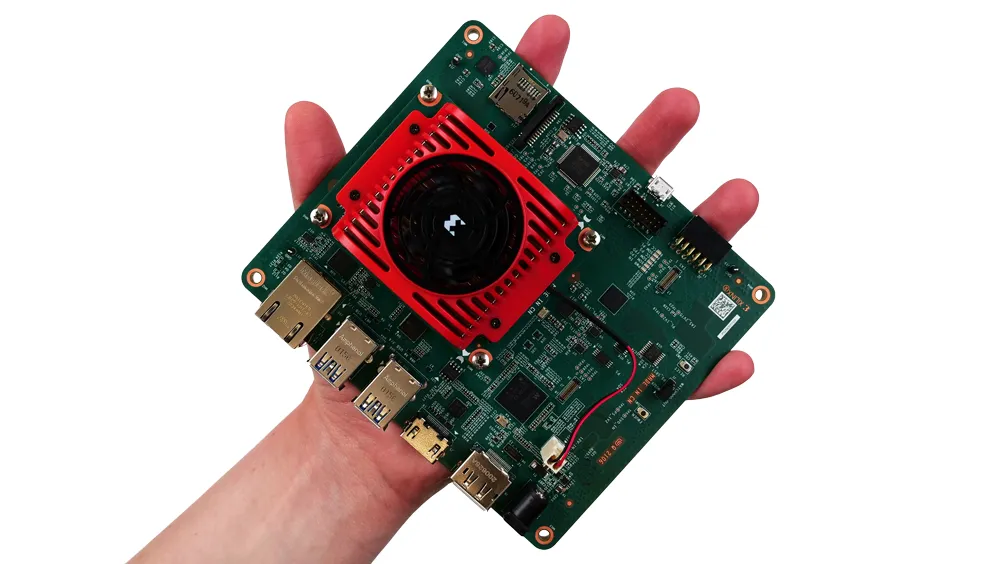Karamba Security has launched autonomous security for connected and autonomous vehicles, which enables their electronic control units (ECUs) to protect themselves from hackers. This extension to the company’s Carwall ECU security platform enables automotive technology providers to achieve the goals set out in the US Department of Transportation's guidelines for the safe deployment of autonomous cars.
Karamba Security’s autonomous security technology allows any car’s ECU to protect itself from this threa
September 30, 2016
Read time: 1 min
Karamba Security has launched autonomous security for connected and autonomous vehicles, which enables their electronic control units (ECUs) to protect themselves from hackers. This extension to the company’s Carwall ECU security platform enables automotive technology providers to achieve the goals set out in the US Department of Transportation's guidelines for the safe deployment of autonomous cars.
Karamba Security’s autonomous security technology allows any car’s ECU to protect itself from this threat by automatically locking it down to the ECU's factory settings. The ECU then blocks operations that aren't part of its factory settings, with a negligible performance impact, which prevents hackers from accessing the car's safety systems and commandeering them.
The company has also unveiled a new capability, in-memory protection, as part of its autonomous security suite. With in-memory protection, the ECU autonomously blocks memory-based attacks such as buffer overrun and return oriented programming.
Karamba Security’s autonomous security technology allows any car’s ECU to protect itself from this threat by automatically locking it down to the ECU's factory settings. The ECU then blocks operations that aren't part of its factory settings, with a negligible performance impact, which prevents hackers from accessing the car's safety systems and commandeering them.
The company has also unveiled a new capability, in-memory protection, as part of its autonomous security suite. With in-memory protection, the ECU autonomously blocks memory-based attacks such as buffer overrun and return oriented programming.









